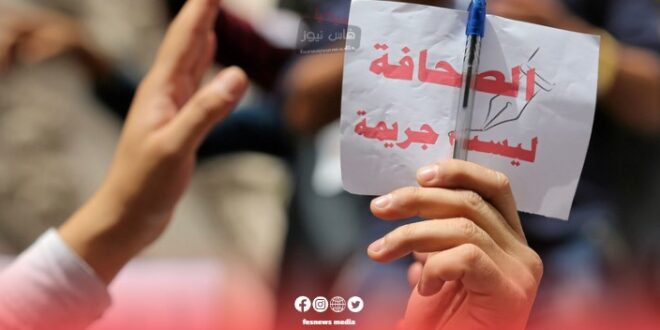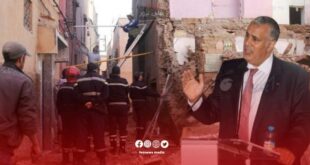Following a complaint filed by Jawad Bahji, head of the Meknes Collective Council, the Public Prosecution of the Meknes Court decided to pursue the human rights journalist, journalist Ammar Al-Wafi, under the Criminal Code, if he was released on bail of 5,000 dirhams.
The city of Meknes recently witnessed an event that caught the attention of the Moroccan Association for Human Rights, as Ammar Al-Wafi, a member of the association’s administrative committee, was prosecuted on charges of defamation. This case sparked widespread controversy, especially since the accusation came against the backdrop of a newspaper article published under Al-Wafi’s name dealing with the local affairs of the city. This incident demonstrates the challenges that journalists and human rights activists face in carrying out their duties, and highlights the ongoing debate about freedom of the press and expression.
The Moroccan Association for Human Rights in Fez strongly condemned Al-Wafi’s pursuit of the criminal code, considering it an attempt to restrict freedom of the press. It is noteworthy that Ammar Al-Wafi’s pursuit of the Criminal Code and not the Press and Publication Law came about because he did not have a National Press Council card.
For its part, the Moroccan Association for Human Rights in Meknes described the judicial follow-up as an attempt to cover up what it described as the administrative and developmental failure of the head of the city’s collective council.
The association stressed that it will follow all stages of the trial and stand in solidarity with Al-Wafi, stressing that the trial aims to restrict the local press.
In light of these events, the question arises about the effectiveness of current laws and procedures in protecting journalists and ensuring freedom of expression. The debate over the use of criminal law rather than press and publishing law in pursuing El Wafi is also a pivotal point in understanding the legal and human rights dynamics in Morocco.
From: Fez News website
 فاس نيوز ميديا جريدة الكترونية جهوية تعنى بشؤون و أخبار جهة فاس مكناس – متجددة على مدار الساعة
فاس نيوز ميديا جريدة الكترونية جهوية تعنى بشؤون و أخبار جهة فاس مكناس – متجددة على مدار الساعة













